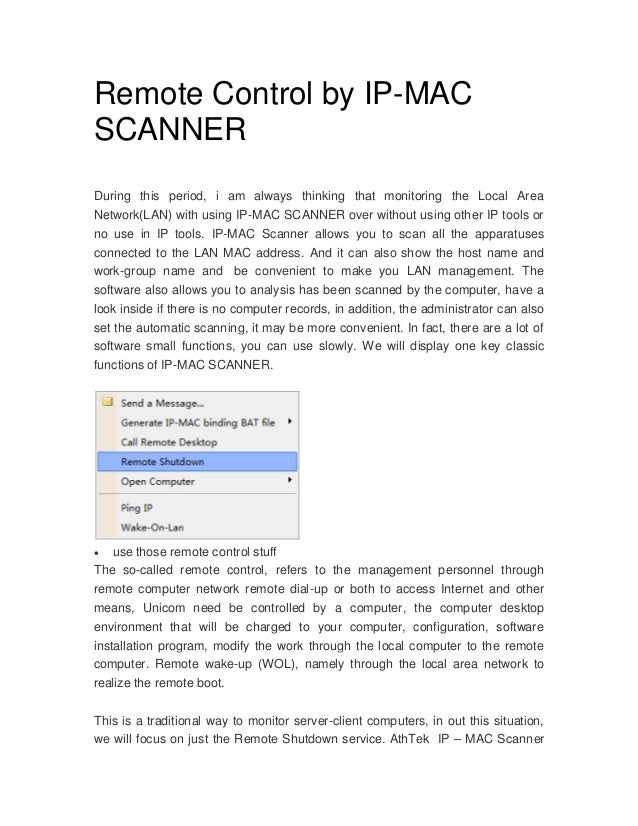The Java Plug-in software is a component of the Java Runtime Environment (JRE). The JRE allows applets written in the Java programming language to run inside various browsers. The Java Plug-in software is not a standalone program and cannot be installed separately. Java was bundled into Apple's Mac OS X 10.6 Snow Leopard by default, and kept on if a Mac user upgraded his machine from Snow Leopard to Mac OS X 10.7 Lion. (Java is not bundled into 'clean.
Lately Java has been, thanks to several consecutive security holes that have been exploited by malware developers. One notable occurrence was the threat that affected a number of OS X users, which (though due in part to Apple's negligence about Java upkeep) was rooted in the Java runtime. More recently, Java 7 has seen a new zero-day vulnerability that has been circulating in exploit kits. In response to these threats, many in the tech community have recommended that people uninstall Java altogether.
However, this can be impractical for some, as many people need Java to run applications, including Web apps and a number of technical and creative development tools. When it comes to the security of your system, uninstalling Java completely is certainly one way to avoid problems arising from it, but it is a bit of an extreme measure. So, how do you secure your system while keeping a potentially faulty runtime installed? There are two aspects to Oracle's Java installation. The first is the runtime itself, which consists of the libraries and execution environment that allow your system to execute Java programs.
The second component of the installation is the Web plug-in, which interfaces these libraries with the browser to allow hosted Web applets to run. Smoothing for photoshop on mac. In older versions of Java (1.6 or earlier) Safari's security preferences could be used to disable Java, but this is now done in the Java Control Panel in the system preferences. Screenshot by Topher Kessler/CNET. The vast majority of Java's security problems revolve around the use of the Java plug-in. While the vulnerabilities ultimately exist in the runtime, the plug-in is the avenue that malware developers use to exploit these remotely.
You are somehow tricked into loading a Web page that contains a malicious Java applet, which exploits the fault and loads malware on to your system. If you close this off or otherwise manage it, then you will vastly improve the security of your system, and can continue to use Java for other purposes without needing to remove it completely. There are several ways to do this.  In the latest Java runtime, you can access the Java Control Panel and in the security settings uncheck the option to 'Enable Java content in the browser.'
In the latest Java runtime, you can access the Java Control Panel and in the security settings uncheck the option to 'Enable Java content in the browser.'

This will effectively close the door between Java and Web sites you visit, so Java applets will not run. While technically the security vulnerabilities are still open with this setting, you would need to manually download a Java executable and purposely run it on your system. When ClickToPlugin is enabled, your plug-in content is shown like this, and only is active if you explicitly click it.

Screenshot by Topher Kessler/CNET The second option is the use of security levels in determining which Java code is allowed to run. Similar to Apple's Gatekeeper feature in Mountain Lion, which can restrict running applications to signed code or apps specifically from the Mac App Store, Java's security levels can require that you approve any unsigned applications or even approve all code regardless of its signature. To do this, in the same Security section of the Java control panel, you can drag the security level slider to High, which allows only signed programs to run, or Very High, which requires approval for all code. Beyond Java's built-in security measures, you can also use some third-party tools to help prevent malicious Java applets from running on your system. While disabling the Java plug-in is perhaps best, if you regularly visit Web sites that require Java, then doing this can be a burden to your work flow.
Therefore, one option is to instead use a that may block Java and other plugins like Flash. The benefit here is instead runnng of the blocked content, you'll receive a notification that you can click to quickly allow it to run. Also, you can customize a whitelist of sites that are automatically allowed to work.